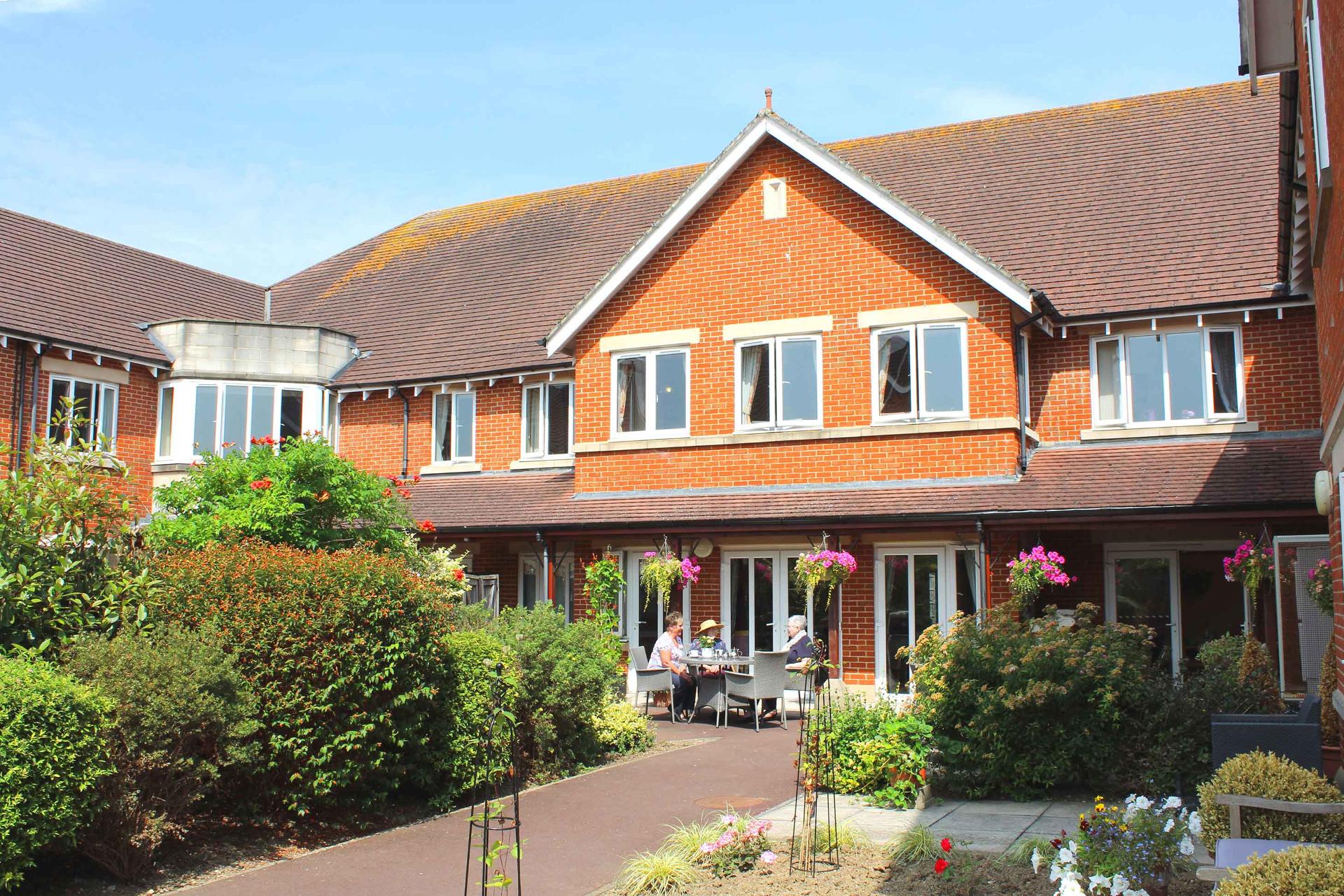
2020 was an incredibly tough year for the care home industry. Over the past twelve months, more than 30,000 residents of UK care homes died within 28 days of contracting COVID-19, which accounts for one in every 14 residents. Care home operators and staff are shaken, sad, and in many cases, angry about the government policies that they claim put these lives at risk unnecessarily.
The industry has been battered and bruised but is showing impressive levels of resilience. For smaller operators who are looking to exit the market, there are investors ready to pounce. This is because, despite the harrowing past year, the healthcare industry has long been seen as a safe haven for investors during tumultuous times.
This is a unique opportunity to acquire valuable intellectual property assets from a well-established wholesaler with many years of experience in the discount food and non-food sector in the Midlands.
This is an opportunity to acquire a long-established specialist bakery business, supplying major UK supermarkets and boasting a fully equipped production facility with a skilled workforce.
Discover the rare chance to acquire a specialist UK supplier of marine engines and generators, noted for their leadership in the used marine engine market and hard-to-find parts.
Booming Medtech, a Honeypot for Business Buyers
Private equity and venture capital investors are moving cash into...
Buying opportunities and threats in the UK care home industry
Not all sectors receive the same level of interest from business buyers...
Private healthcare surge brings new business opportunities
The private healthcare industry is growing fast and, with it, an...
Buy a care or nursing home out of administration, at lower than market-valued prices. Enquire about assets that may be a result of a business falling into distress.
Search administration listingsJoin today to receive:
All this and much more, including the latest M&A news and exclusive resources
Please choose your settings for this site below. For more information please read our Cookie Policy
These cookies are necessary for our website to function properly and provide you with access to all features.
These are analytics cookies that help us to improve the way our website works.
These are used to improve the functional performance of the website and make it easier for you to use.
